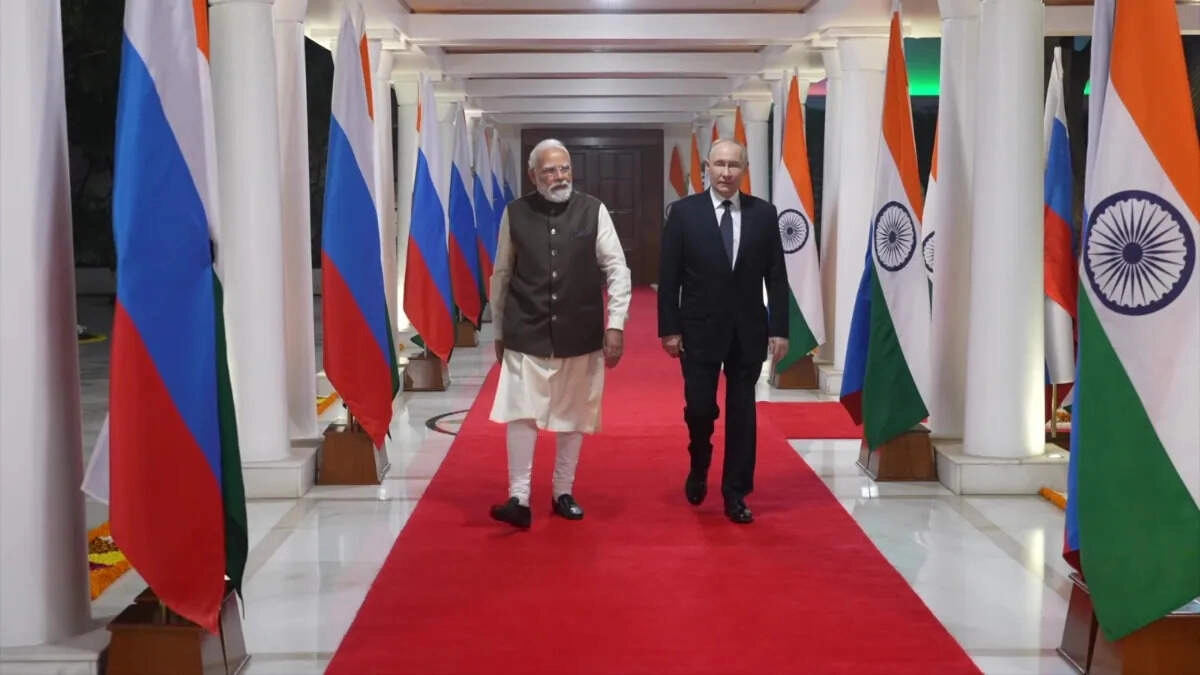The recent imposition of tariffs by the Trump administration has ignited a heated debate among economists, who are divided on the implications of such trade policies. Economists often refer to these tariffs as manifestations of ‘stupidity’ and ‘weakness’, highlighting the potential negative consequences on both domestic and global markets. Critics argue that tariffs can lead to trade wars, increased prices for consumers, and strained relations with trading partners. The imposition of tariffs on imported goods, intended to protect American industries, may ironically harm the very economy it aims to support by raising costs for consumers and businesses alike.
Proponents of tariffs, however, assert that they are a necessary tool for addressing unfair trade practices and protecting American jobs. They argue that the tariffs can level the playing field against countries that engage in practices detrimental to the U.S. economy, such as currency manipulation or subsidizing local industries. Despite this rationale, many economists caution that the broader implications of such policies could undermine long-term economic growth. The consensus among skeptics is that tariffs can disrupt the intricate web of global supply chains, leading to inefficiencies and reduced competitiveness for U.S. companies.
Moreover, the potential for retaliation from other countries poses another risk. Economists warn that if trading partners respond with their own tariffs, it could escalate into a full-blown trade war, further destabilizing the economy. The uncertainty surrounding trade relations can deter investment, stifle innovation, and ultimately harm consumers through higher prices and reduced choices. While some industries may benefit in the short term, the long-term effects could be detrimental to the overall economic landscape, leading to a decline in productivity and growth.
In summary, the debate surrounding Trump’s tariffs illustrates a complex interplay of economic theories and real-world implications. While some view tariffs as a necessary means to protect domestic interests, a significant contingent of economists highlights the risks associated with such protectionist measures. The potential for increased costs, trade retaliation, and broader economic repercussions raises critical questions about the efficacy of tariffs as a tool for achieving sustainable economic growth. As this debate continues, it remains crucial for policymakers to weigh the immediate benefits against the long-term consequences of such trade policies.




